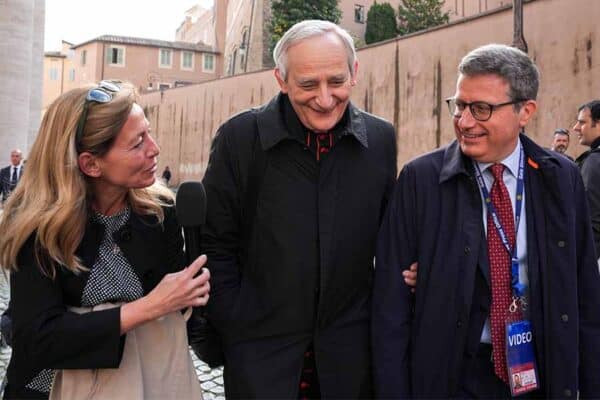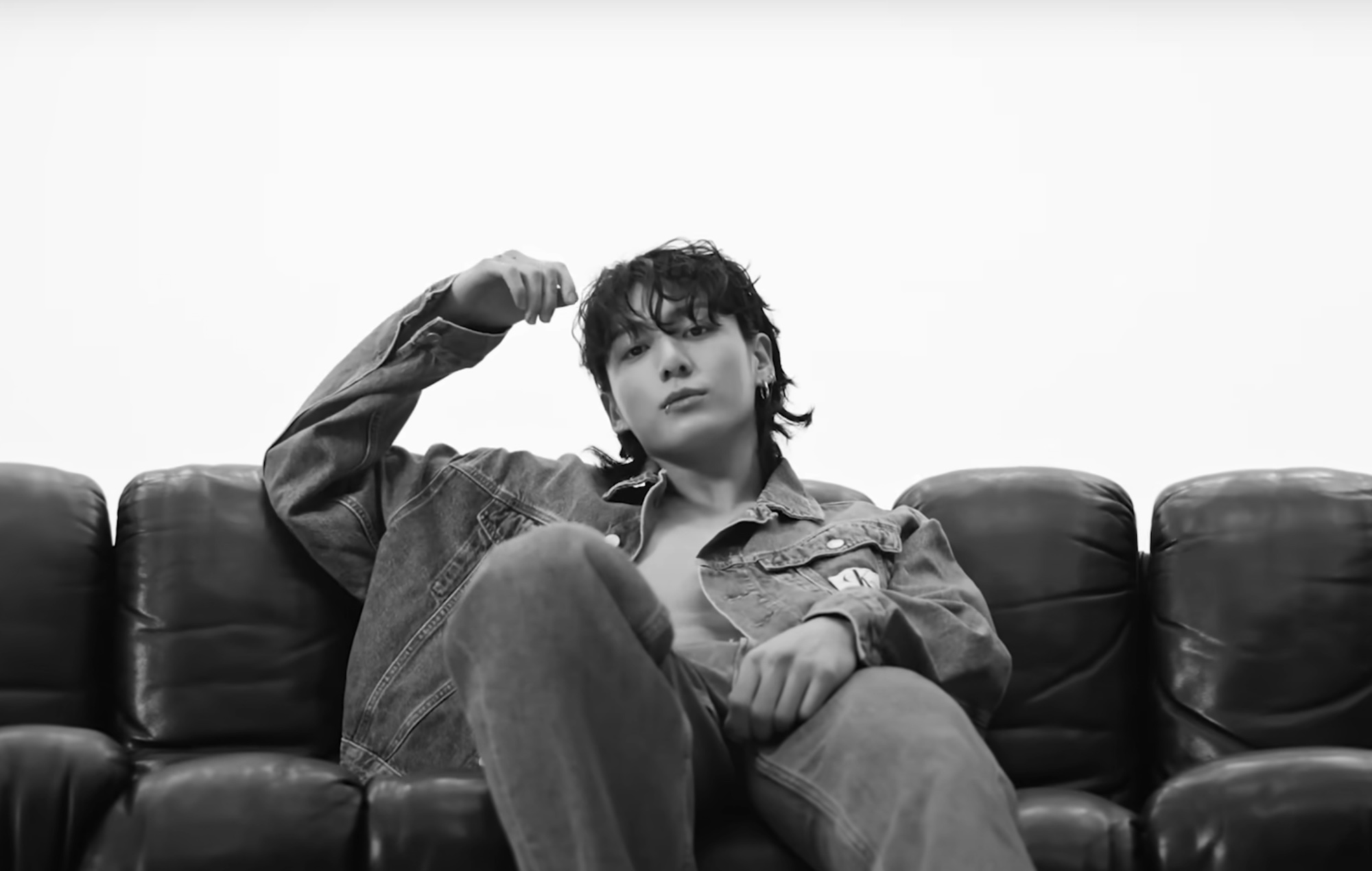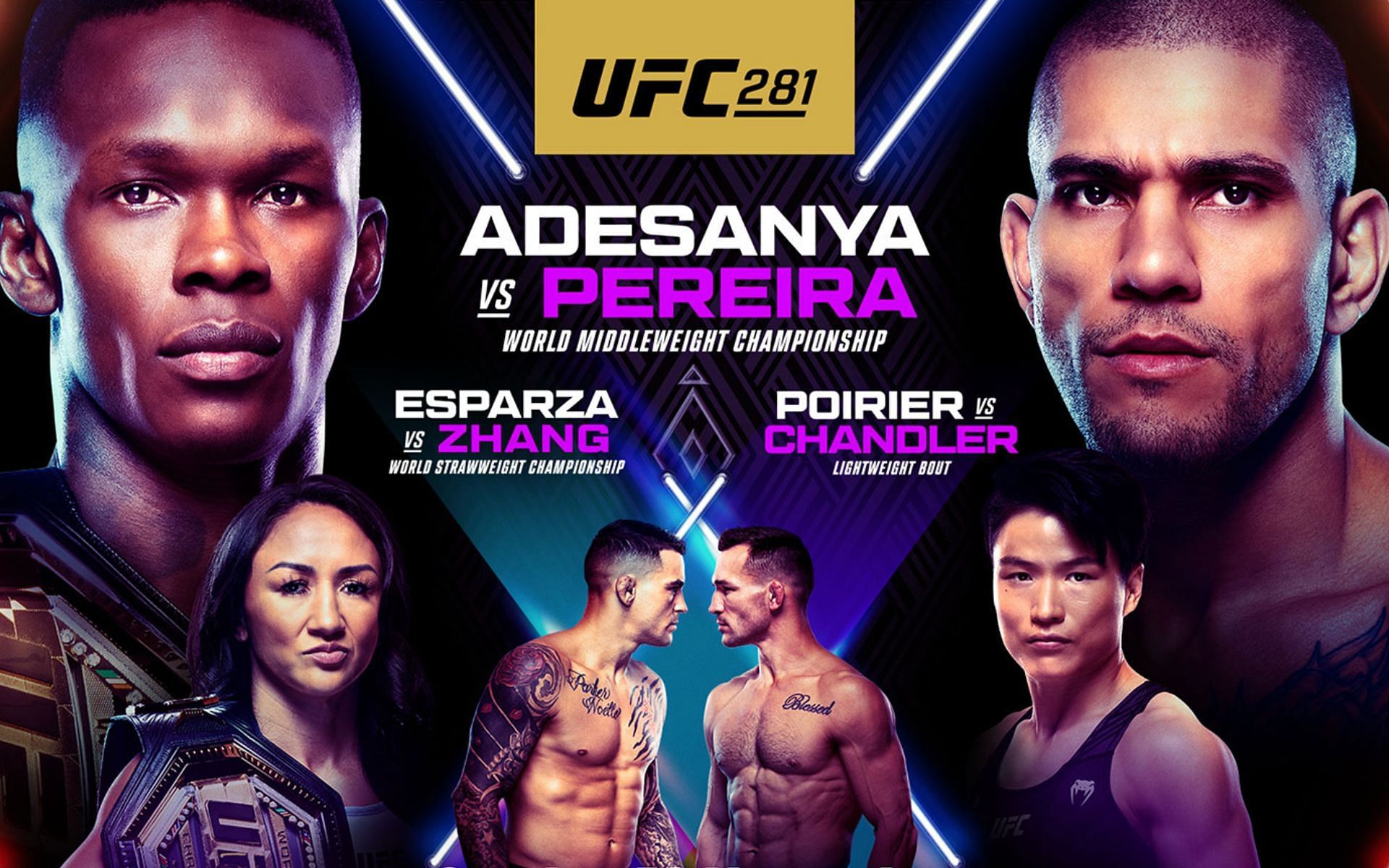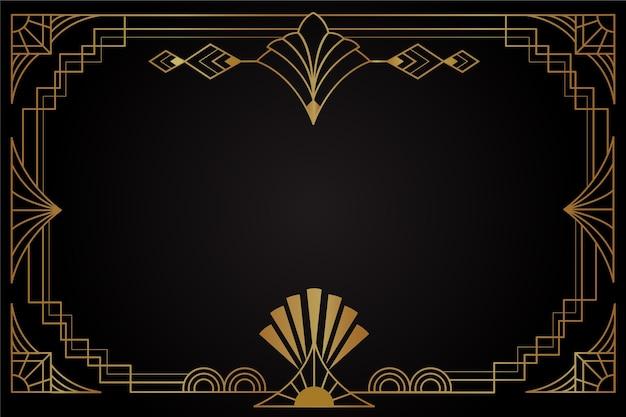The Next Pope: Exploring The Leading Contenders For The Papacy

Table of Contents
Cardinal Pietro Parolin: A Pragmatic Diplomat
Theological Stance:
Cardinal Pietro Parolin, currently the Vatican Secretary of State, is known for his diplomatic skills and pragmatic approach to complex issues. His theological stance is characterized by a commitment to the traditional teachings of the Church while demonstrating a willingness to engage in dialogue with the modern world.
- Emphasis on pastoral care: Cardinal Parolin stresses the importance of pastoral care and reaching out to marginalized communities.
- Focus on ecumenical relations: He has a proven track record of fostering stronger relationships with other Christian denominations and engaging in interfaith dialogue.
- Navigating complex global issues: His experience in international relations equips him to address the challenges facing the Church in a globalized world.
Strengths and Weaknesses:
- Strengths: Extensive experience in diplomacy and Church governance; broad appeal across various factions within the Church; respected internationally.
- Weaknesses: Some might perceive his pragmatic approach as lacking a strong, distinctive theological identity; potentially seen as too cautious by those seeking significant reform.
Cardinal Luis Antonio Tagle: A Shepherd with a Global Vision
Theological Stance:
Cardinal Luis Antonio Tagle, former Archbishop of Manila, is known for his pastoral approach and deep concern for the poor and marginalized. His theological stance emphasizes social justice, environmental stewardship, and a more inclusive Church.
- Champion of the poor: Cardinal Tagle consistently advocates for the rights of the poor and vulnerable, mirroring the social teachings of the Church.
- Focus on environmental issues: He is a strong advocate for environmental protection and sustainable development.
- Emphasis on synodality: He champions a more participatory and synodal approach to Church governance.
Strengths and Weaknesses:
- Strengths: Strong connection with the younger generation; highly popular among Catholics globally; renowned for his humility and pastoral heart.
- Weaknesses: His progressive views on some social issues might face resistance from more conservative elements within the Church; his relative lack of experience in Roman Curia might be a concern for some cardinals.
Cardinal Michael Czerny: A Voice for Social Justice
Theological Stance:
Cardinal Michael Czerny, a Jesuit priest and Prefect of the Dicastery for Promoting Integral Human Development, is a prominent voice for social justice within the Church. His theological stance is deeply rooted in liberation theology and a commitment to serving the most vulnerable.
- Focus on migration and refugees: He has been a tireless advocate for migrants and refugees, calling for greater compassion and solidarity.
- Emphasis on ecological justice: He links social justice with environmental concerns, advocating for a more sustainable and just world.
- Commitment to integral human development: His work focuses on promoting the holistic well-being of all people.
Strengths and Weaknesses:
- Strengths: Strong moral authority and unwavering commitment to social justice; deeply respected within progressive circles; experience working with marginalized communities.
- Weaknesses: His strong advocacy for specific social issues could alienate some conservative cardinals; his relatively young age compared to other contenders might be a factor.
The Conclave Process and its Implications for the Next Pope
The Papal conclave is a secretive process where cardinals gather to elect the next Pope. It involves multiple rounds of voting until a two-thirds majority is reached. While theological stances are important, other factors influence the election, including:
- Regional representation: The College of Cardinals strives for geographical balance in the selection.
- Age and health: The next Pope is expected to have the stamina to lead the Church for many years.
- Administrative skills: Effective management of the Vatican and its global operations is crucial.
The next Pope will face significant challenges, including declining Mass attendance, the impact of secularization, and navigating internal divisions within the Church.
Conclusion
Predicting the next Pope is a challenging, yet fascinating exercise. The leading contenders represent a diverse range of theological viewpoints and leadership styles. Understanding their backgrounds and approaches is crucial for comprehending the potential direction of the Catholic Church. The next Pope will face significant challenges, including declining Mass attendance, secularization, and internal divisions. Further research into the individual cardinals and the complexities of the conclave process will offer a deeper understanding of who might be chosen as the next Pope. Stay informed about the process and the emerging candidates to better understand the future direction of the Catholic Church. Continue to follow our coverage for more insights on the next Pope, and the implications for the future of the Catholic Church.

Featured Posts
-
 Lily Collins Stars In A New Calvin Klein Campaign Photo Gallery
May 11, 2025
Lily Collins Stars In A New Calvin Klein Campaign Photo Gallery
May 11, 2025 -
 Jessica Simpson Hints At Eric Johnsons Infidelity In Latest Song Release
May 11, 2025
Jessica Simpson Hints At Eric Johnsons Infidelity In Latest Song Release
May 11, 2025 -
 A Medieval Book Covers Hidden Narrative The Tale Of Merlin And King Arthur
May 11, 2025
A Medieval Book Covers Hidden Narrative The Tale Of Merlin And King Arthur
May 11, 2025 -
 Ufc 315 Fight Card What To Expect Tonight
May 11, 2025
Ufc 315 Fight Card What To Expect Tonight
May 11, 2025 -
 Deconstructing Gatsby Unveiling The Real Men Who Inspired The Novel
May 11, 2025
Deconstructing Gatsby Unveiling The Real Men Who Inspired The Novel
May 11, 2025
